As our feline companions age, ensuring their continued health and well-being becomes an essential part of pet ownership. Senior cats, typically those aged seven and older, face unique challenges that require adjusted care routines. Maintaining their activity levels and health not only enhances their quality of life but also strengthens the bond you share with them. This guide will explore how to help your senior cat stay active and healthy with practical and compassionate advice.
Understanding the Needs of Senior Cats
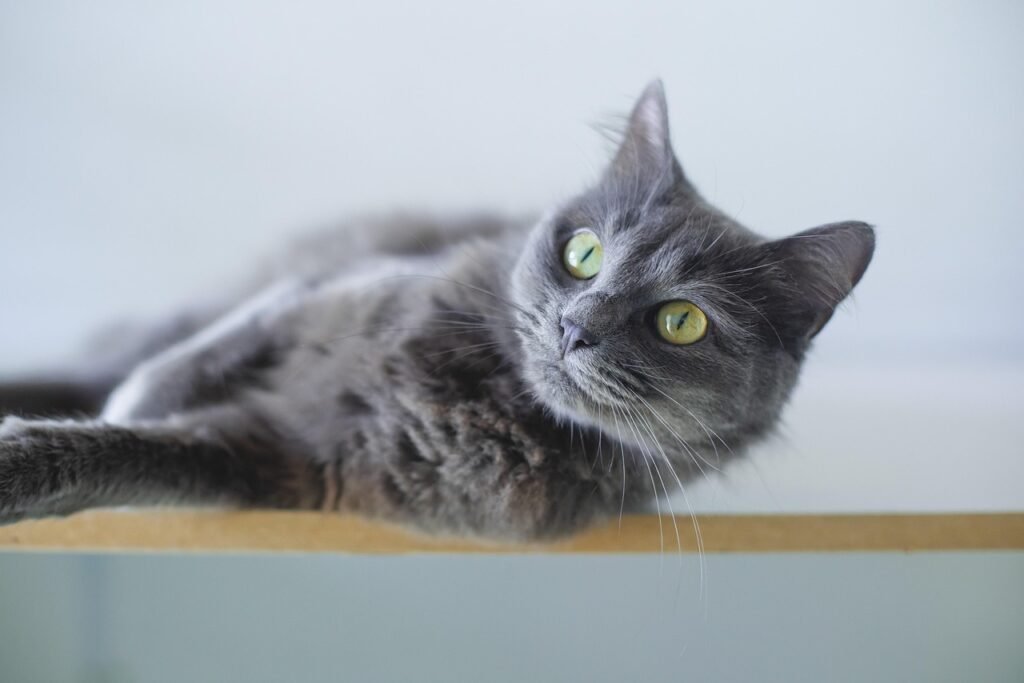
As cats age, they undergo physiological and behavioral changes. Their metabolism slows, their senses might weaken, and they may be more prone to health issues such as arthritis, dental problems, or kidney disease. Understanding these changes helps in adapting their care to meet their evolving needs.
Regular Veterinary Check-ups

Frequent veterinary visits are crucial for monitoring your senior cat’s health. Annual or bi-annual check-ups can help detect potential health problems early, ensuring timely interventions. Discuss your cat’s diet, weight management, and any behavioral changes with your vet to tailor a health plan specific to your pet.
Provide a Balanced Diet
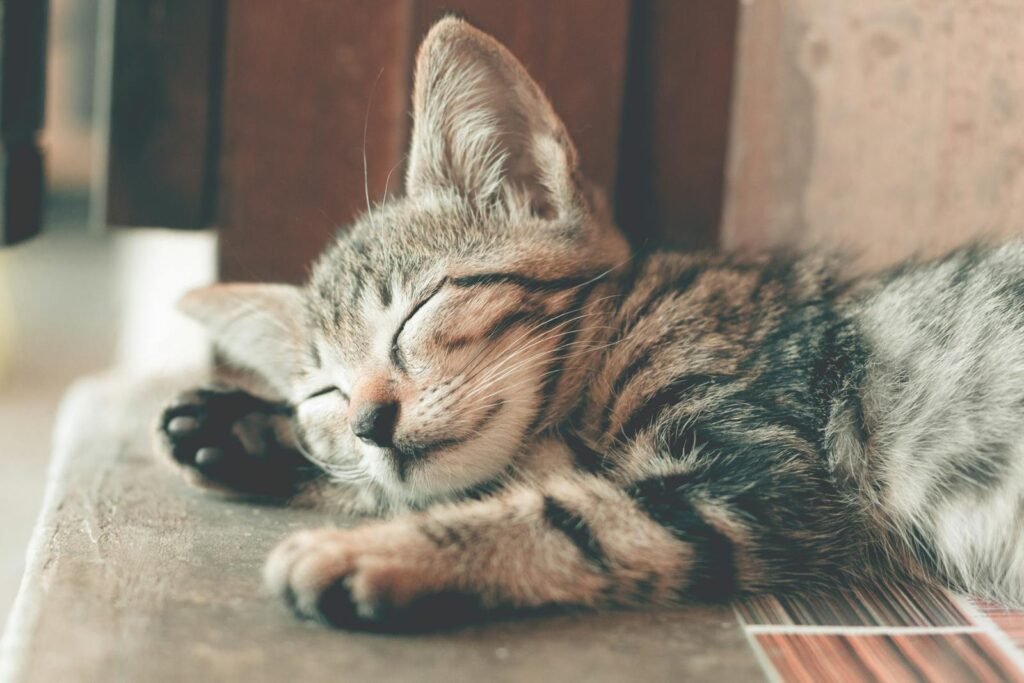
Nutrition plays a pivotal role in maintaining your senior cat’s health. Opt for high-quality cat food formulated specifically for senior cats, rich in essential nutrients, with appropriate levels of protein, vitamins, and minerals. Your vet can provide recommendations based on your cat’s specific health needs and dietary restrictions.
Encourage Gentle Exercise
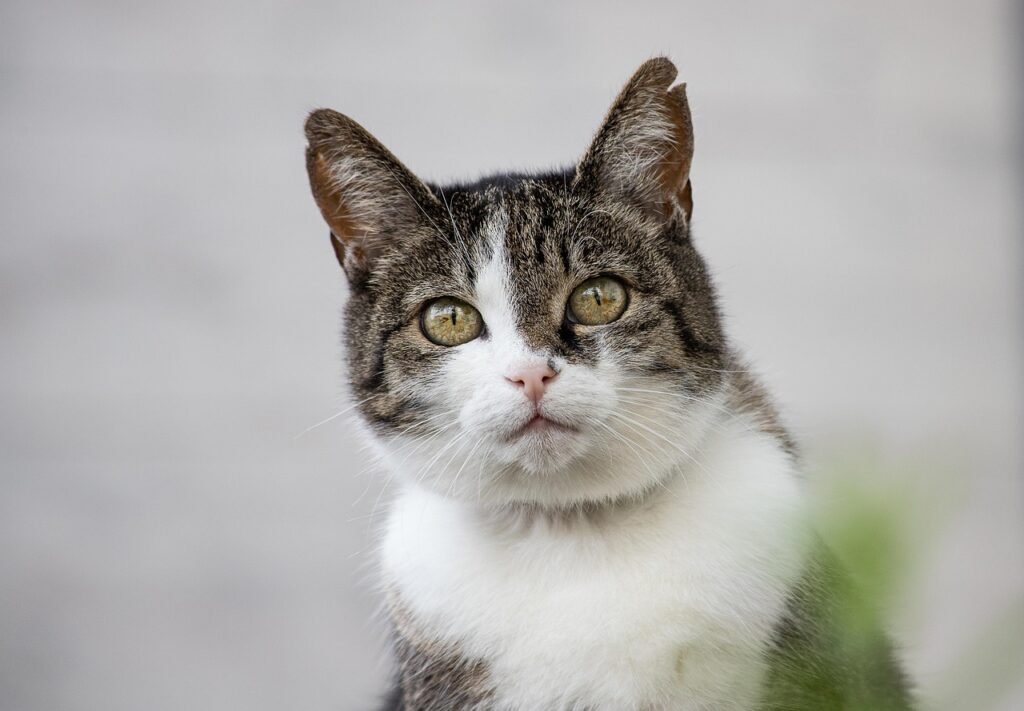
While senior cats may not be as sprightly as they once were, engaging them with gentle exercise is vital. Use interactive toys, like laser pointers or feather wands, to stimulate their interest and keep them moving. Short, frequent play sessions are better suited to older cats than long, strenuous activities.
Create a Comfortable Environment

Ensure your senior cat’s living space is comfortable and accessible. Provide soft bedding, and add ramps or steps if needed to help them reach their favorite resting spots without strain. Keep their litter box easily accessible, ensuring it’s low-sided for ease of entry.
Monitor Their Weight
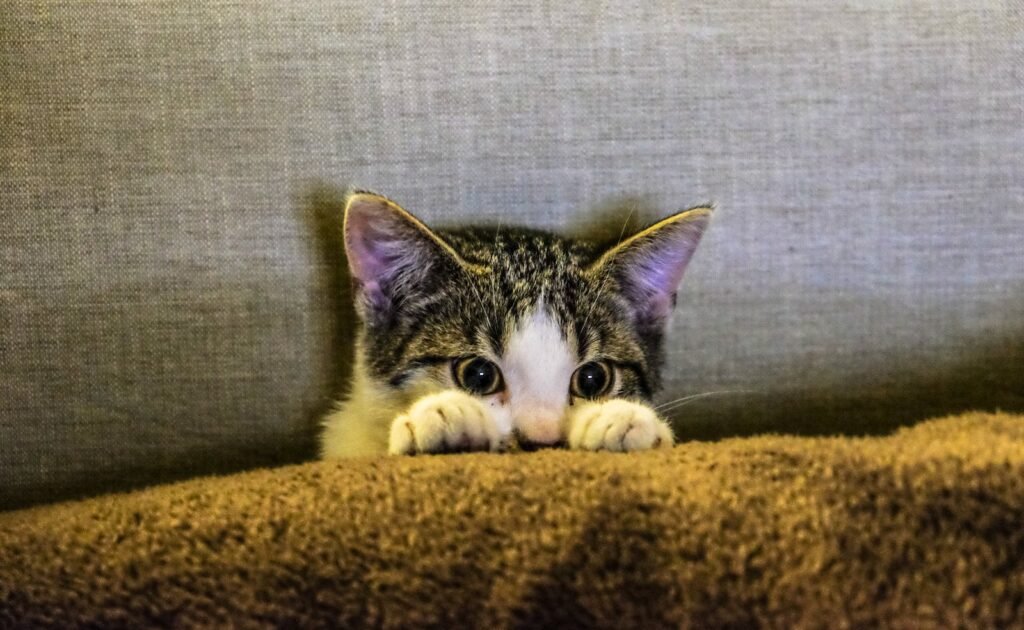
Weight management is essential in aging cats to prevent obesity-related diseases. Regularly weigh your cat and consult your vet if you notice any significant fluctuations. Tailor their feeding regimen and calorie intake according to their activity levels.
Maintain Dental Health
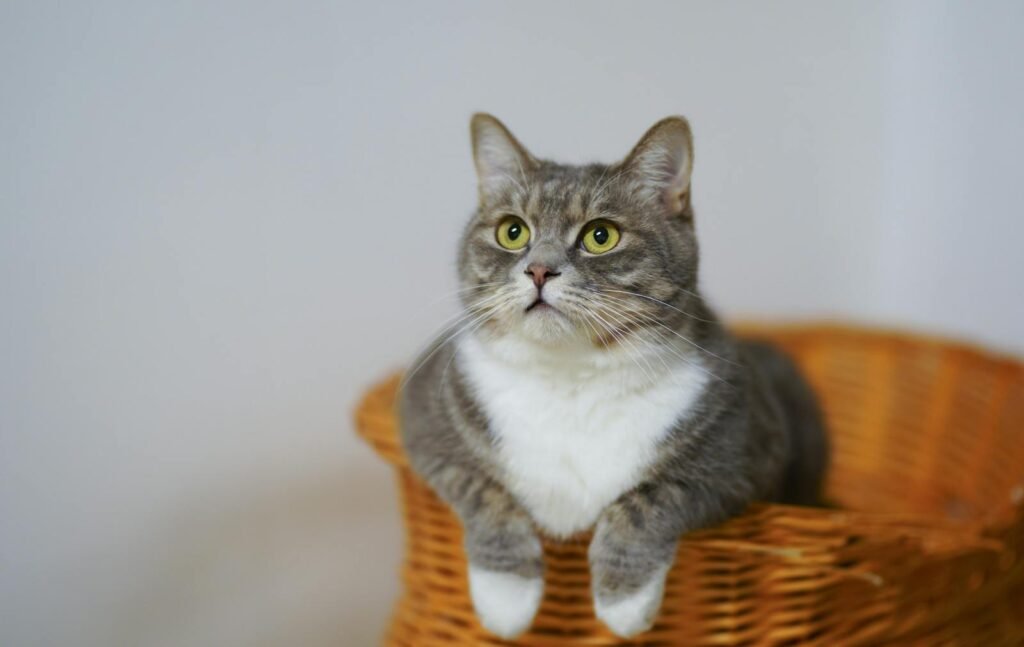
Dental disease is common in older cats and can lead to more severe health problems. Regularly check your cat’s teeth and gums, and consult your vet about professional cleaning if needed. Providing dental treats designed to reduce plaque and tartar can also be beneficial.
Support Joint Health
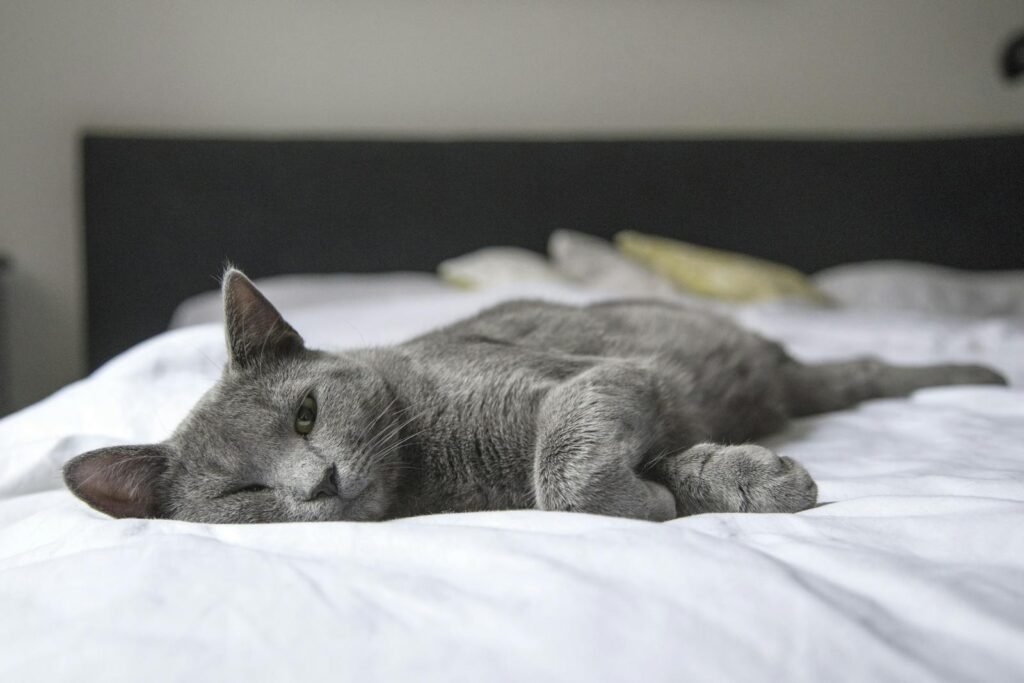
Supplements that promote joint health can be advantageous for senior cats, especially those experiencing arthritis-related discomfort. Consult your vet about incorporating glucosamine or omega-3 fatty acids into their diet, which can help reduce inflammation and improve joint mobility.
Enhance Mental Stimulation
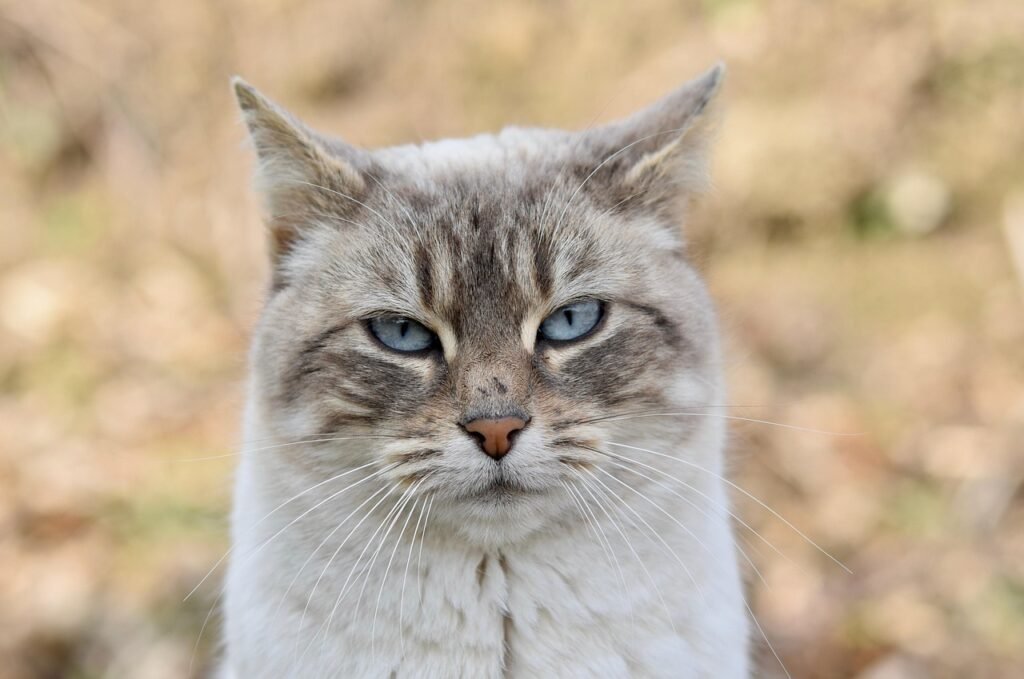
Cognitive decline can affect older cats, leading to disorientation or behavioral changes. Keep their minds sharp with puzzle toys and varied play routines. Introducing new or rotating toys regularly can prevent boredom and keep them mentally active.
Maintain Grooming Habits
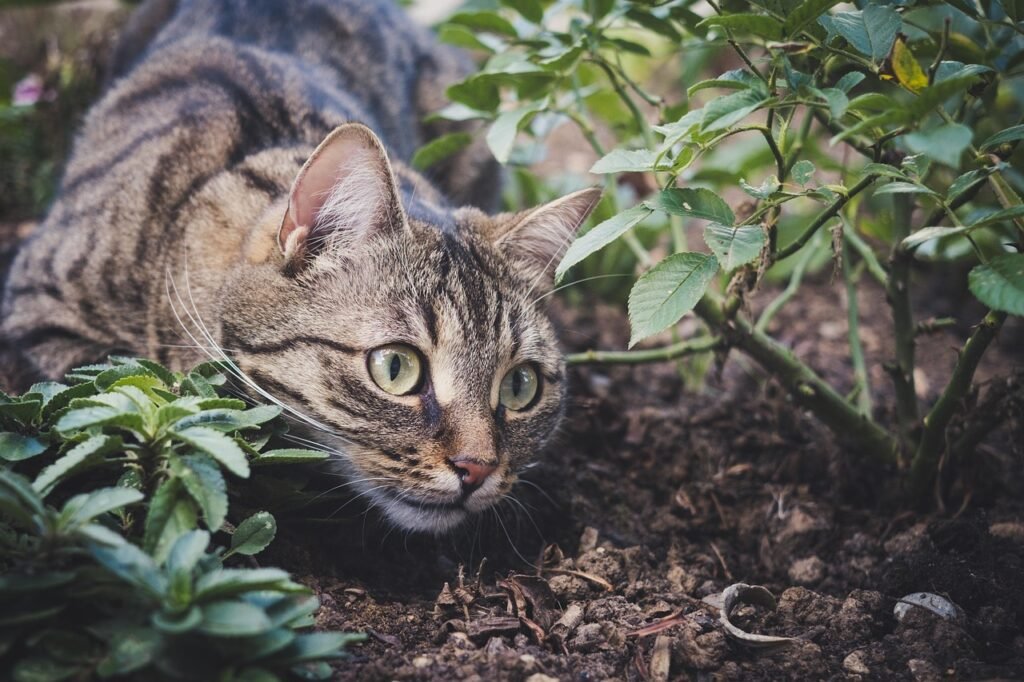
As cats age, they may not groom themselves as efficiently. Regularly brushing your senior cat helps maintain their coat’s condition and strengthens your bond. Additionally, grooming provides an opportunity to check for lumps or skin issues.
Be Observant of Behavioral Changes

Aging can lead to changes in behavior, so monitor your cat for signs of increased vocalization, altered sleep patterns, or litter box avoidance. These could be indicators of underlying health issues that require veterinary attention.
Provide Plenty of Love and Attention
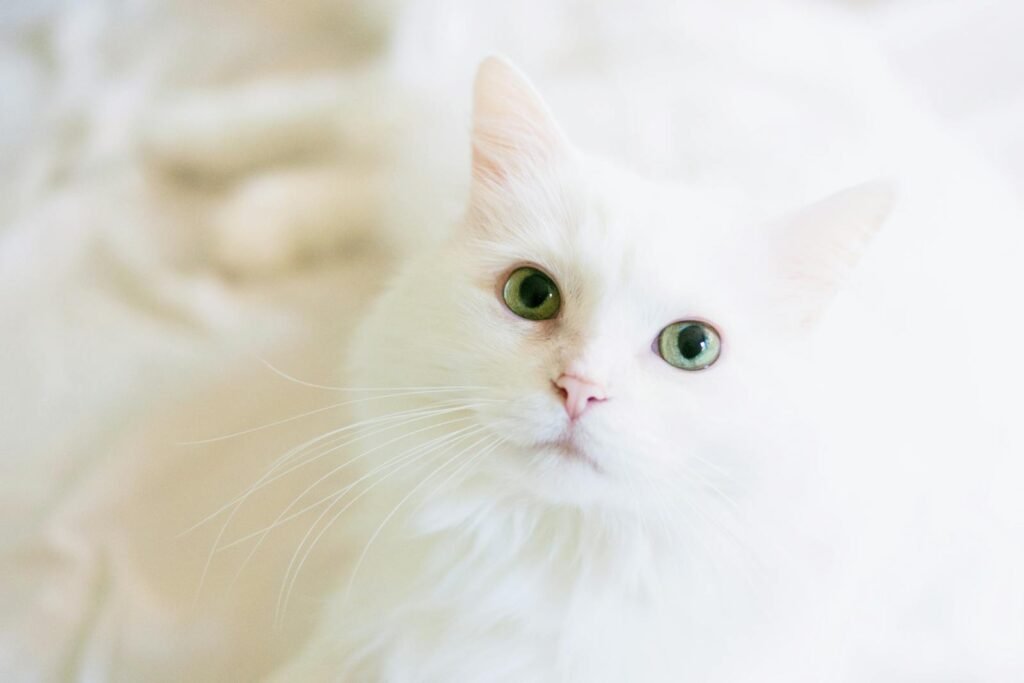
Lastly, shower your senior cat with love and attention. Spend quality time together, offering them the comfort and reassurance they need as they navigate their golden years. Your companionship is just as important for their emotional health as their physical well-being.
In Conclusion
Helping your senior cat stay active and healthy requires a little extra care and adjustment to their changing needs. By staying attentive to their health, nutritional needs, environment, and emotional well-being, you can ensure they lead a happy and fulfilling life. Your cat has spent years offering you companionship and love—now is your chance to return the favor by providing the best care possible in their senior years.






